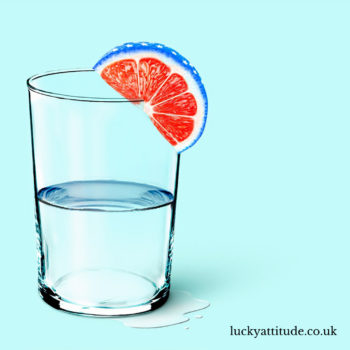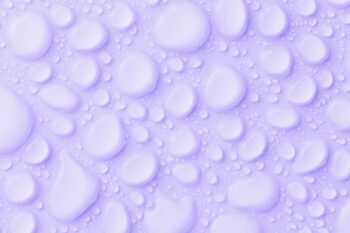Reinventing Water For Millennials: The Rise Of Water Filters

Not all water is equal – some water sources are better than others.
If you’re looking for a way to ensure that you’re always drinking quality purified water, a water filter is a perfect solution.
With water so important to our lives, it’s hardly surprising we like it clean, pure, and tasty. That’s one reason people spend so much money on water filters that can remove any harmful impurities. How do they work—and do we really need them? Let’s take a closer look!
In this article, we’ll discuss how water filters work and why everyone is obsessed with clean water
What are water filters
A water filter is a device that improves the quality of water. Water treatment device filters produce water fit for human consumption (drinking water).
Water purification is the process of removing undesirable chemicals, biological contaminants, suspended solids, and gases from water.
How do water filters work
Water filters use two different techniques to remove dirt. Physical filtration means straining water to remove larger impurities. In other words, a physical filter is a glorified sieve—maybe a piece of thin gauze or a very fine textile membrane.
Another method of filtering, chemical filtration, involves passing water through an active material that removes impurities chemically as they pass through.
When choosing a water filter for yourself, think of the specific contaminants that you want to remove from your water. This will determine the type of filter you need to use. For example, if you’re only concerned about removing bacteria and viruses, then you can use a simple UV water filter. However, if you’re also concerned about removing chemical contaminants, then you will need to use a more sophisticated filter that uses activated carbon.
Below are the most common water purification systems:
◉ Activated Carbon (usually in the form of Granular Activated Carbon or Carbon Blocks): This is the most effective material available for water filters today removing over 70 common contaminants while leaving the healthy minerals.
◉ Reverse Osmosis: Very effective in removing most of the contaminants that activated carbon doesn’t but also removes all healthy minerals. RO is always combined with Activated Carbon and sometimes with other kinds of filters such as IX.
◉ Ion Exchange: Very effective in removing the hardness from tap water and thus reduce the limescale. Ion Exchange targets specific substances for removal based on their ionic charges while leaving desirable or innocuous minerals in the solution.
◉ Distillation: Distillation is probably the oldest method of water purification. Water is first heated to boiling. Then the water vapor rises to a condenser where cooling water lowers the temperature so the vapor is condensed, collected, and stored. Most contaminants stay behind in the liquid phase vessel. Typically distilled water tastes poorly.
Read more about different ways to filter water here.
Why do we need a water filter if the tap water is good?
In Europe and North America over 99% of the public tap water is considered clean and safe to drink according to international standards.
So why do we need water filters?
Despite the safety of tap water, there are many reasons people like to take water purification to their own hands:
◉ Tap water may taste badly
◉ Chemicals introduced to tap water during the cleaning process may be unhealthy to drink
◉ It’s possible for bacteria and other germs to enter the water after it undergoes the treatment process.
◉ If your pipes are old or corroded, water may shave away sediment or metal shavings into the water
Water filters can provide better-tasting tap water and a “last line of defense” for those who want to make sure their water is safe.
Harnessing hydration in the workplace
Vowing to drink more water is a common goal for many wellness-obsessed Millennials.
Despite this, over half of office workers admit to drinking less than the recommended 2 litres of water a day, and over a third say not drinking enough water negatively impacts their productivity.
For workplaces looking to reap the benefits of a happy and hydrated workforce, make water a priority in the office with these simple steps:
Place the water station in convenient locations
We all know how easy it is to forget about drinking enough water. Hydration stations should be positioned across the workplace.
Place fresh, filtered water on all floors, close to desks and social areas with comfy chairs.
Encourage employees to use their own bottles or reusable glasses (no single-use plastic)
Environmentally conscious Millennials will appreciate you for such ethical policies.
You could gift every employee an attractive refillable water bottle to encourage more drinking while reducing environmental impact.
Save money by not buying bottled store water
Bottled water you buy from the store is extremely wasteful as the plastic usually ends up in the landfill and takes decades if not centuries to compose.
Water filters are a much better and cheaper way for almost every household to get healthy fresh drinking water from the tap.
Where to buy water filters
Firstly, decide what type of filter you need.
Secondly, choose a reputable brand that offers a good warranty.
And finally, make sure that the filter is certified by an independent testing agency.
One of the best places to buy water filters is online. Just type in your keywords into Google search and see what comes up.
You can look at the price, brand, and customer reviews.

